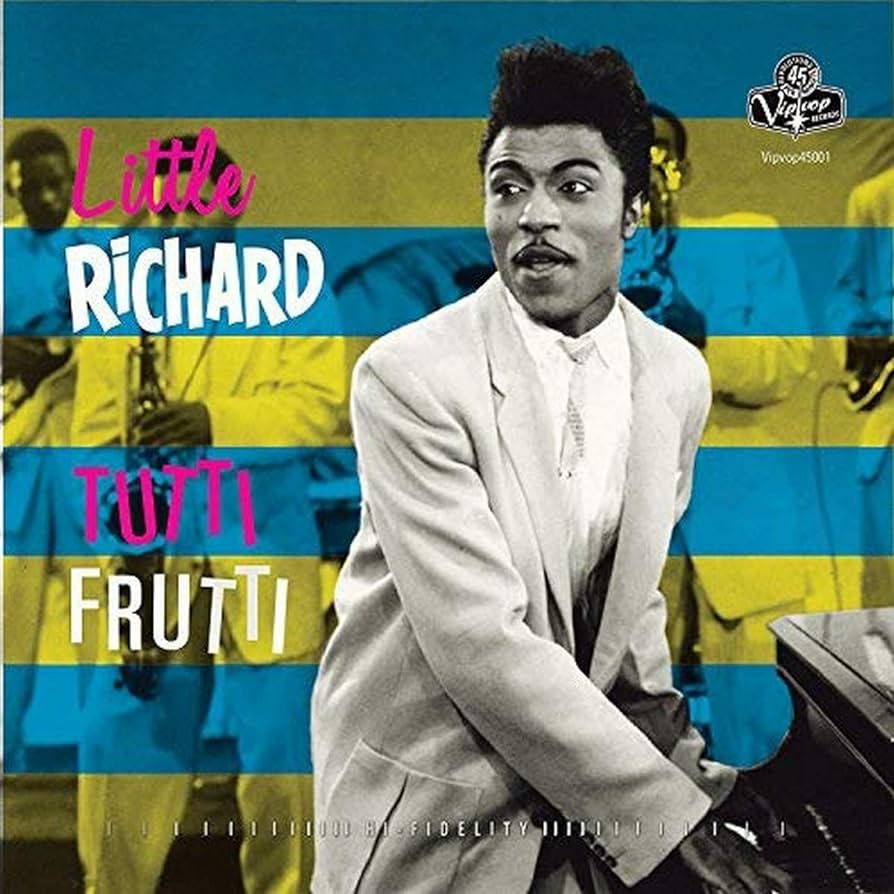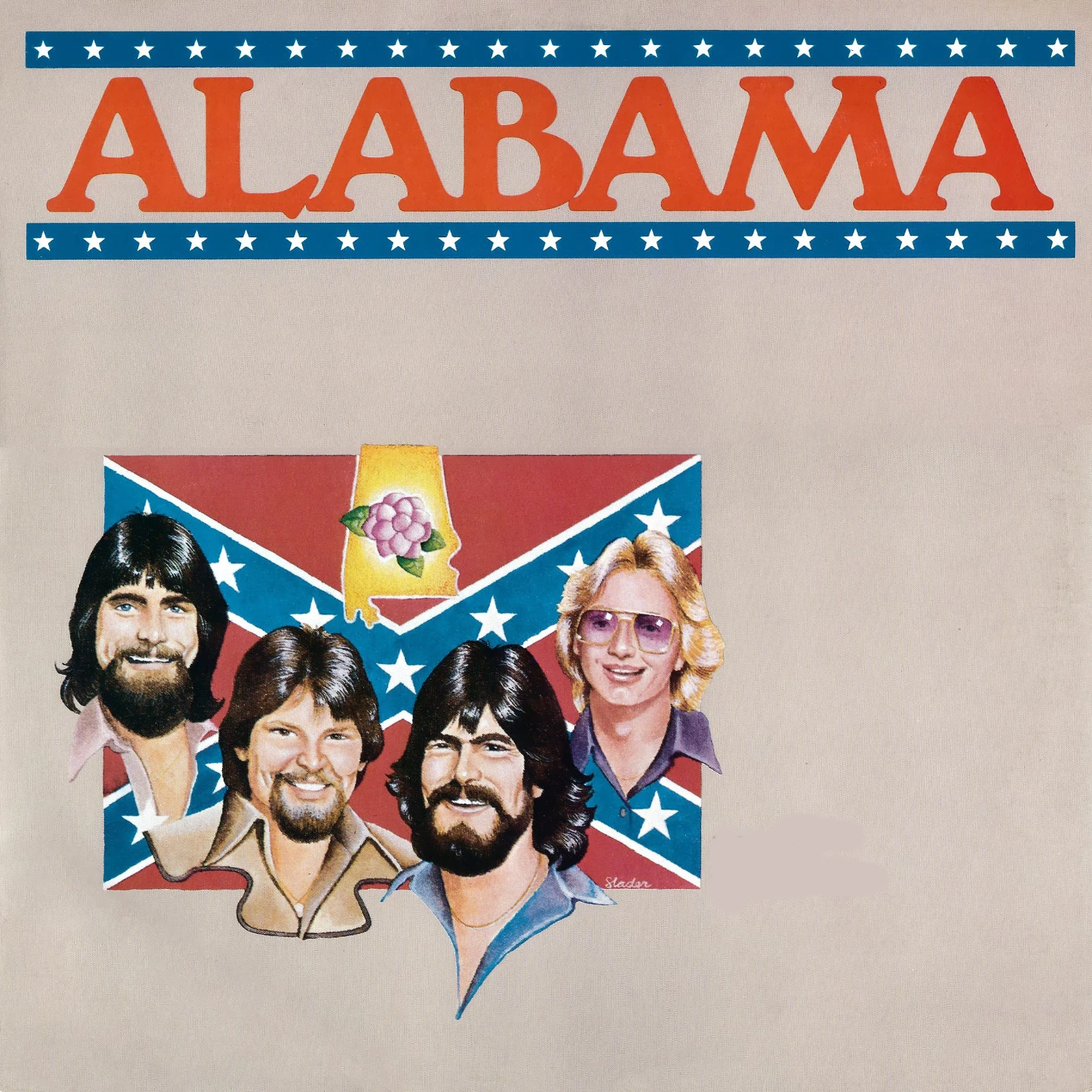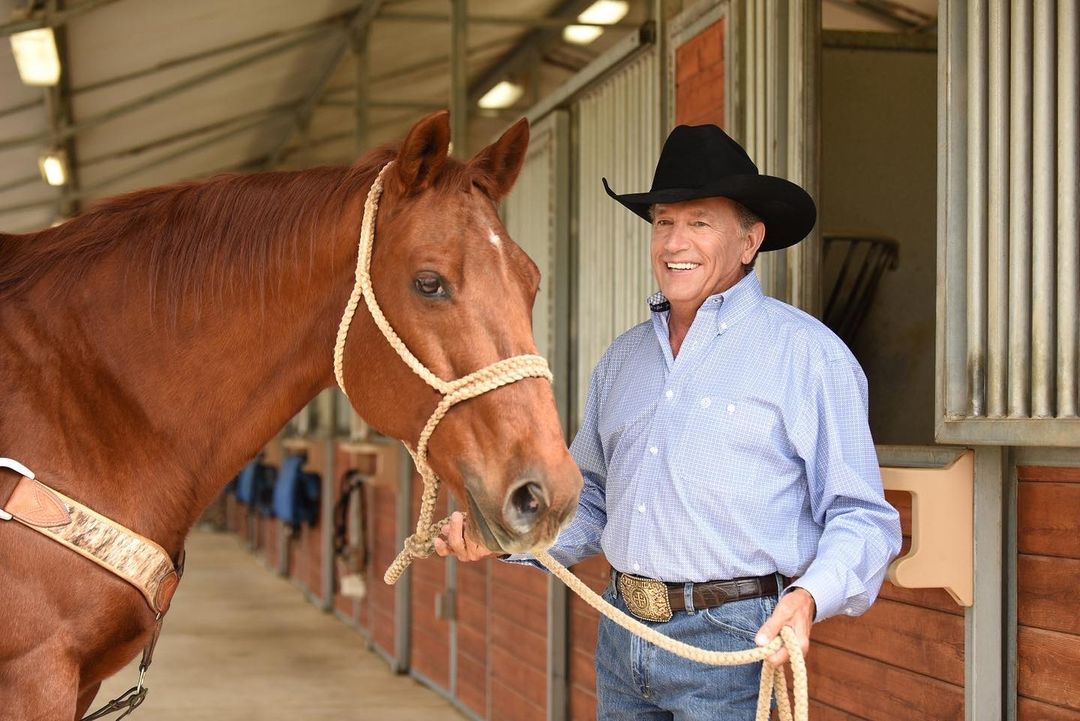My channels - Favorite songs

当我走在这里的每一条街道
我的心似乎从来都不能平静
除了发动机的轰鸣和电气之音
我似乎听到了它烛骨般的心跳
我在这里欢笑 我在这里哭泣
我在这里活着 也在这儿死去
我在这里祈祷 我在这里迷惘
我在这里寻找 在这里失去
北京 北京
咖啡馆与广场有三个街区
就像霓虹灯到月亮的距离
人们在挣扎中相互告慰和拥抱
寻找着追逐着奄奄一息的碎梦
我们在这儿欢笑 我们在这儿哭泣
我们在这儿活着 也在这儿死去
我们在这儿祈祷 我们在这儿迷惘
我们在这儿寻找 也在这儿失去
北京 北京
如果有一天我不得不离去
我希望人们把我埋在这里
在这儿我能感觉到我的存在
在这儿有太多让我眷恋的东西
我在这里欢笑 我在这里哭泣
我在这里活着 也在这儿死去
我在这里祈祷 我在这里迷惘
我在这里寻找 也在这儿失去
北京 北京
北京 北京

1. From this valley they say you are going, I will miss your bright eyes and sweet smile, For they say you are taking the sunshine, that brightens our pathways awhile. (CHORUS) Come and sit by my side if you love me, do not hasten to bid me a-dieu, but remember the Red River Valley, and the cowboy who loved you so true.
2. I’ve been thinking a long time, my darlin’, Of the sweet words you never would say, now, alas, all my fond hopes must vanish. For they say you are going away. Repeat Chorus: Come and sit by my side if you love me, do not hasten to bid me a-dieu, but remember the Red River Valley, and the cowboy who loved you so true.
3. Do you think of the valley you’re leaving? Oh, how lonely and sad it will be! Do you think of the kind hearts you’re breaking, and the pain you are causing to me? Repeat Chorus: Come and sit by my side if you love me, do not hasten to bid me a-dieu, but remember the Red River Valley, and the cowboy who loved you so true.
4. I have promised you, darlin’, that never, will a word from my lips cause you pain; And my life, it will be yours forever If you only will love me again. Repeat Chorus: Come and sit by my side if you love me, do not hasten to bid me a-dieu, but remember the Red River Valley, and the cowboy who loved you so true.

Tutti Frutti (italienisch für "alle Früchte") ist ein Song von Little Richard und Dorothy LaBostrie, der 1955 aufgenommen wurde und sein erster großer Hit war. Mit seinem energiegeladenen Refrain, der oft als "A-wop-bop-a-loo-mop-a-lop-bam-boom!" (eine verbale Wiedergabe eines Schlagzeugmusters, das sich Little Richard ausgedacht hatte), seinem treibenden Sound und seinem wilden Text wurde der Song nicht nur zum Vorbild für viele zukünftige Little-Richard-Songs, sondern auch für den Rock 'n' Roll selbst. Der Song führte einige der charakteristischsten musikalischen Merkmale der Rockmusik ein, darunter die laute Lautstärke, der kraftvolle Gesangsstil und der unverwechselbare Beat und Rhythmus.

Hallelujah ist eine Komposition für vierstimmigen Chor und Orchester von Georg Friedrich Händel (1685–1759). Er schrieb das Musikstück 1741 in London als Teil seines Oratoriums Messiah („Messias“). Heute gehört es zu den bekanntesten musikalischen Werken überhaupt.











